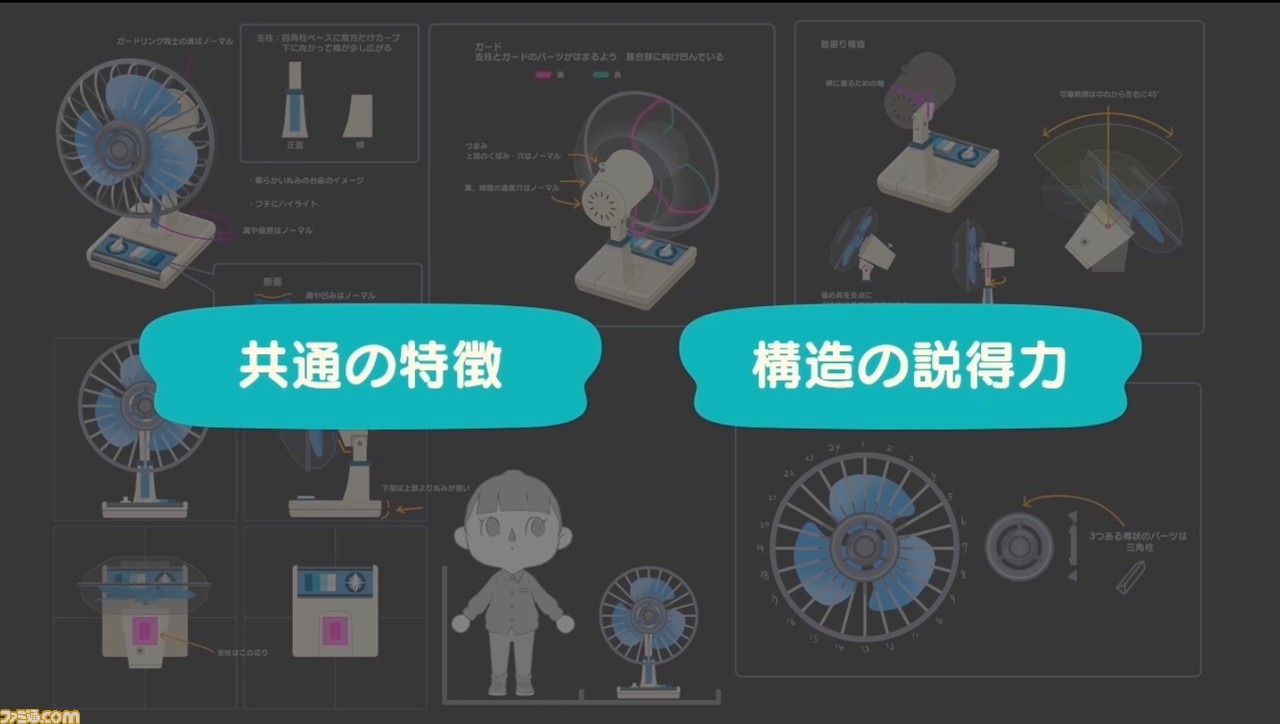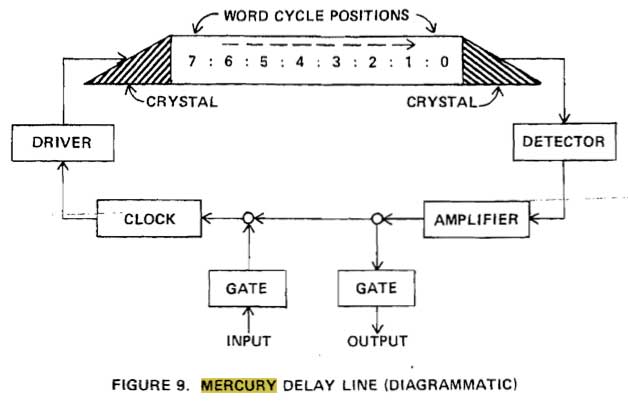September 12, 2021 permalink
I Know a Place →
On the Pioneer Works art center’s site, Everest Pipkin has a great short essay on the beautiful and transitory (and even community) nature of empty spaces, linking parties on the foundations of a halting suburban neighborhood development with the abandoned sandbox virtual spaces of online platforms like Roblox:
To stand in these places is to stand in a place where desire was met. Where for a moment, something that was yours was carved out of the ugly body of online corporate games culture. Like building a fort in the woods between the highway and the mall.
Back in ancient days when I was role-playing and generating code on the text-based ElendorMUSH, some of my favorite places to visit were the handful of “rooms” that were created as secret spaces by fellow developers and local admins, unlinked from the normal Tolkien-themed spaces above. Mine was a hidden grotto beneath the tunnels of Isengard, and it was a great quiet (virtual) place to escape to for a bit.
See also: people have been spelunking in the abandoned ruins of Second Life for the better part of a decade. The university I work for paid six figures for an island, and I sometimes wonder what state it’s in now.

